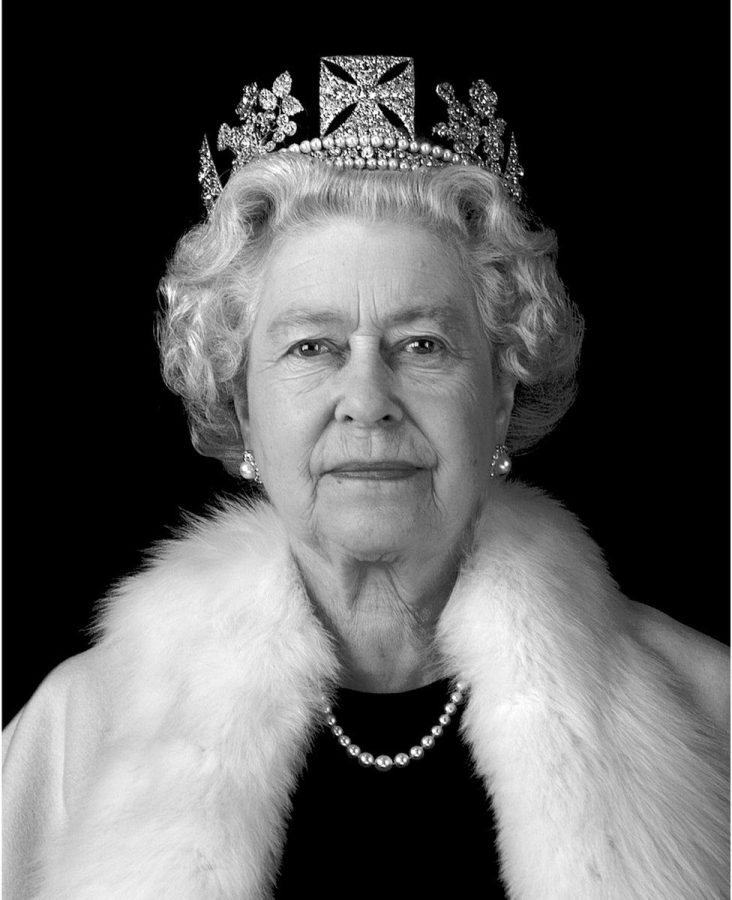John S. McCain passed away on August 25, 2018 at his home in Arizona at the age of eighty-one after a year-long fight against glioblastoma. McCain led a legendary career in Congress as a Republican senator after serving in the Navy in Vietnam, where he was a prisoner of war for more than five and a half years. He was the father of seven children and married to his wife, Cindy, for more than thirty-eight years.
Senator McCain was born in Coco Solo, Panama, a Naval base, into a prominent military family; he followed the legacy of his parents and joined the Navy when he was twenty-two. During the Vietnam War, his plane was shot down over Hanoi, and he became a prisoner of war; McCain suffered years of brutal torture, leaving him permanently unable to raise his arms above his head. He eventually weighed only one hundred and five pounds; nevertheless, he refused an offer of early release. As President Obama said of McCain, “Few of us have been tested the way John once was, or required to show the kind of courage that he did, but all of us can aspire to the courage to put the greater good above our own. At John’s best, he showed us what that means.”
McCain began a political career in the Senate after leaving the military, representing his home state of Arizona, and quickly gained a reputation as an empathetic and compelling Congressman. He did not vote strictly down his party line, though he remained a Republican until his death. He was quick to speak up when necessary but loyal to his beliefs. McCain ran for President in 2008 against Barack Obama; his behavior on the campaign trail speaks volumes about his character. McCain defended Obama from false comments that he was an “Arab,” despite criticism from his own party, and he demonstrated respect for those with whom he wholeheartedly disagreed. He left a legacy of decency, empathy, and compassion for others, regardless of political ideology. He was not bipartisan, but he was an American who put his country above every personal ambition.
McCain’s death marked the end of his fight in Congress; he was still a Senator when he passed. Even when confronted with brain cancer, he continued to live with unwavering strength. His legacy is a poignant reminder of the importance of respect for one another, regardless of viewpoint. He never backed down – not in the military, Congress, or life – and it is his fierce courage that will be remembered most.








